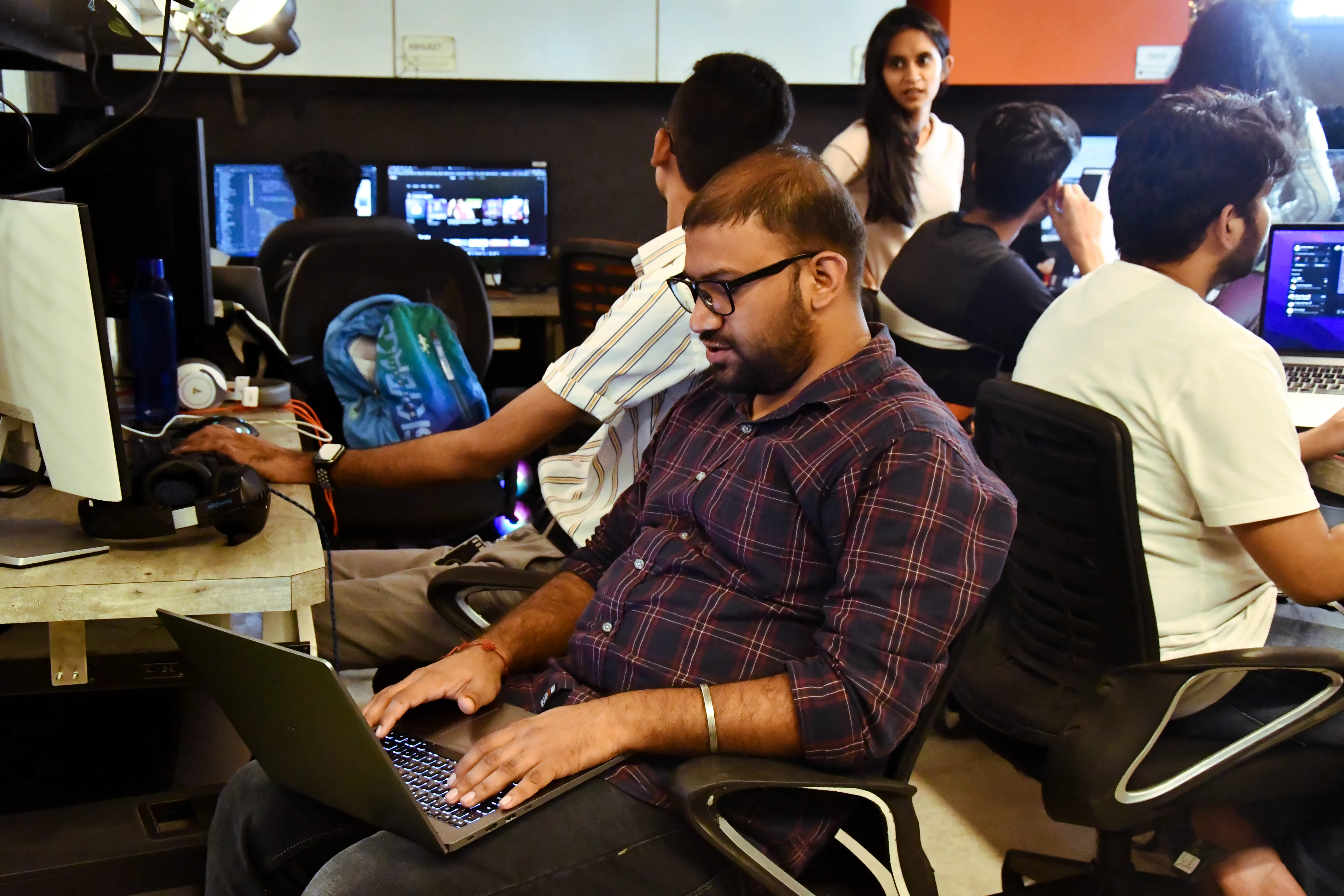The Ethics of AI Development: What Companies Need to Consider

When developing the AI assistant Nova for Deloitte, our developers at Ink In Caps had to consider a few factors. These factors are important to developing the AI ethically.
Humans, whether by nature or nurture, possess biases, ranging from simple ones like disliking tomatoes on your burger to prejudices towards certain groups of people. Biases are often baseless, and sometimes we hold them for so long that we forget where they even came from in the first place.
Algorithmic bias
Just like us, AI is also prone to bias, but it doesn’t come naturally to them. AI develops its biases during the training stage. When trained by humans, especially if it’s only one person, their bias can seep into the training. There are a variety of real-life examples of this happening. An Amazon hiring algorithm was favouring applications with words like “captured” or "executed.” These words were more common in the resumes of male applicants. After finding this out, Amazon stopped using the algorithm immediately. When developing an AI, it is best to have a diverse team of developers that can represent all groups to ensure that there are no incomplete data sets.
However, there is one case where an AI develops biases on its own, and that's called a feedback loop. For example, when you're scrolling through Instagram and see a sports reel and you watch it all the way through, the AI starts recommending more sports reels, and you scroll through all of them, but even though they don’t interest you, the AI now believes you like sports, so it keeps recommending them.
Other than algorithmic bias, many more factors need to be taken into consideration when ethically developing AI.
Be mindful of privacy
AI systems often need vast amounts of data to operate efficiently, and this data is provided by those who use their services. The data provided by users may sometimes hold sensitive information about an individual or an organisation, so to safeguard that information, AI development companies need to make sure there are strong data security measures taken. Also, it's important to ask for consent from them before using their data and to be transparent about how their data is being used. There are also techniques like anonymisation that can reduce the risk of data being traced back to individual users. Although the one con of anonymisation is that it strips away demographic data, there's a chance that the data could be biased.
Practice Transparency
Most AI software is complex and hard to understand, and often the developers don’t make an effort to explain how it works to the consumers. While this may fly in the short term, in the long term, consumers prefer being able to understand the services they’re using, and privacy also plays a role in this. AI software developers need to be clear with an individual about how you will be using their information. Being transparent allows you to build trust. When companies are open about how AI works, people are more likely to trust the technology. And if it’s being misused, they need to know who to hold accountable.
Hold yourself accountable.
When an AI makes a mistake, who do you blame? The AI itself, the company, or the AI software developer who coded it. It’s hard to pinpoint who is at fault for a mistake an AI makes, even if that mistake has consequences like loss of capital, but other than who to blame for a mistake Accountability also refers to the developer testing for and rectifying any biases that the AI might’ve inherited from the data it was trained using. They also need to be accountable and comply with local laws. With the growth of AI, the rules and regulations that surround it evolve too, and the companies need to stay up to date with local laws and make sure that they’re following all of them.
Human touch
Once an AI is developed, you can’t just let it run free. There needs to be a human in the loop of the AI's inner workings; it helps make sure that the AI is operating within legal, social, and ethical boundaries when it makes a decision, especially In important industries like healthcare, criminal justice, and finance where capital and lives are at stake, the AI needs to be overseen by an AI software developer to ensure it doesn’t make any dangerous mistakes. Constant surveillance is necessary.
Conclusion
Creating ethical AI involves taking many factors into account, not just making sure that the AI isn't biased but also making sure that the data of consumers isn’t misused while also being completely open about how you’re using that data in the AI can be beneficial to your image in the eyes of the consumer. It's also very important to employ a diverse team of developers to be certain that no particular group has a bias towards or against them.
If you want to see the case study of the AI assistant we developed for Deloitte, you can find that in the Our Work section.
Contact Us Now:






.CNhas5IL_ZqBJiz.webp)


















